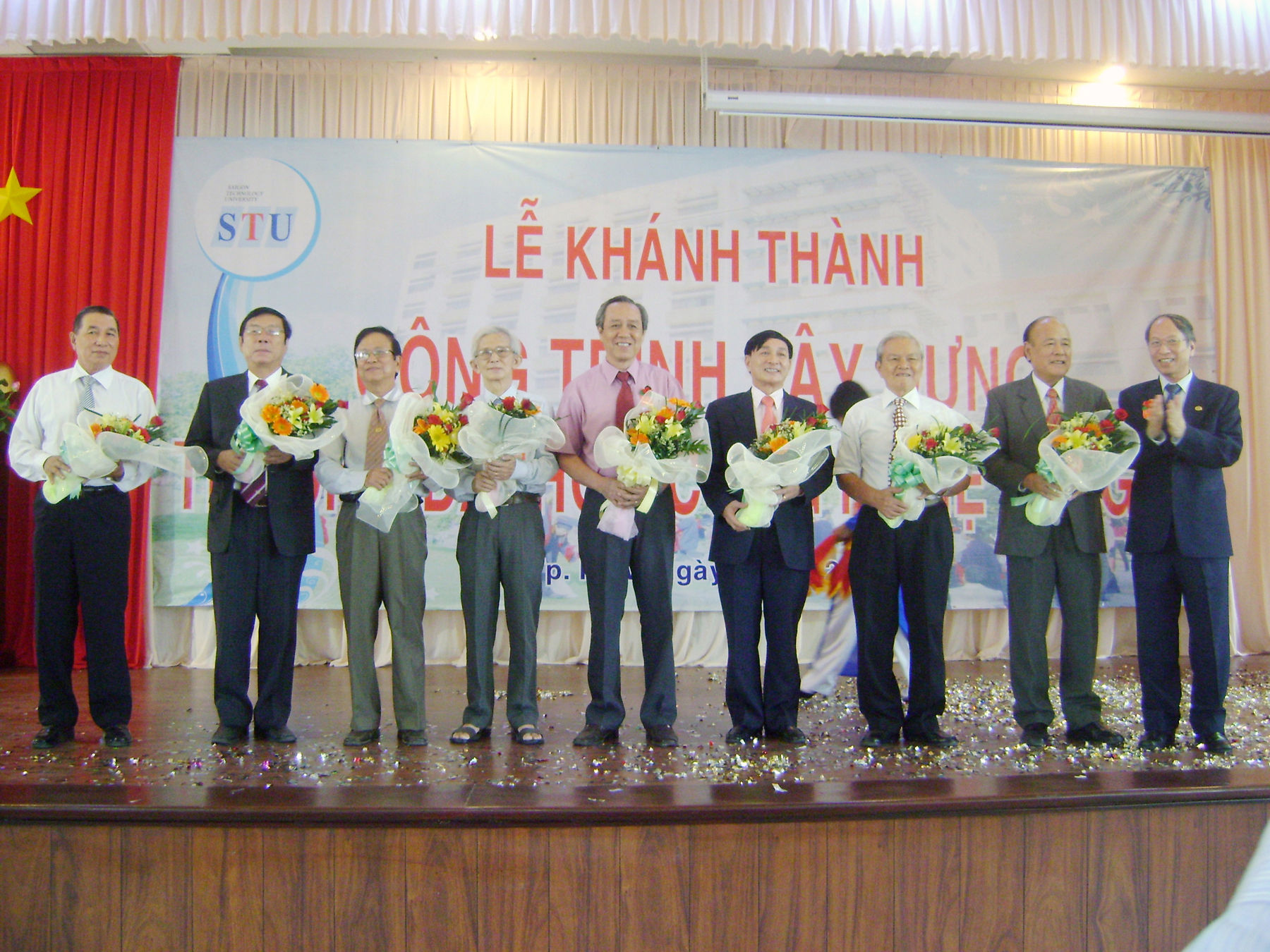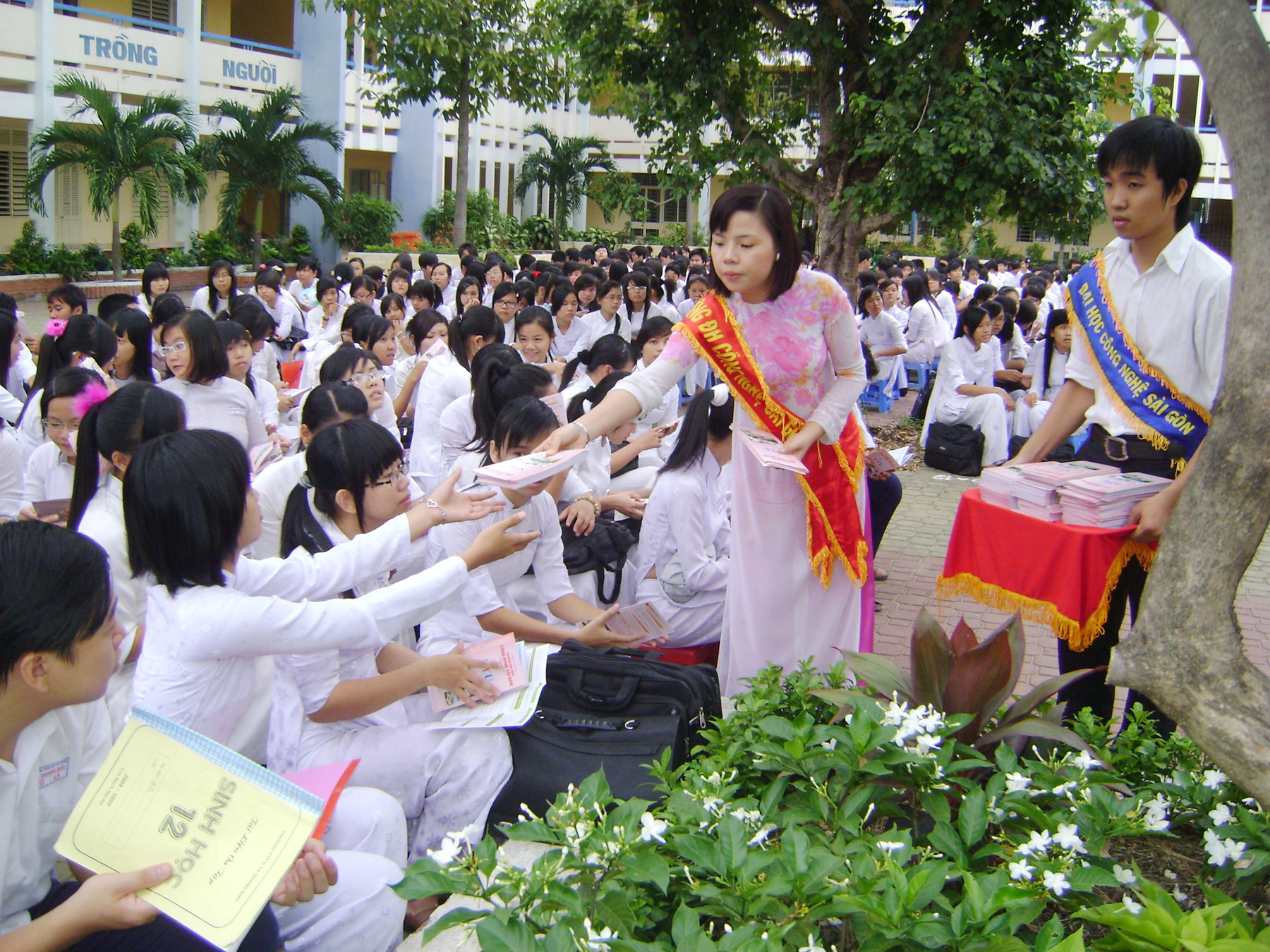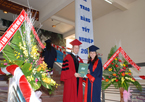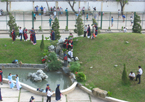News and Events
PrintCurrent policies cannot encourage bachelors return to home villages
Update 29/10/2012 - 08:37:06 AM (GMT+7)While rural areas are seriously lacking qualified workers, university bachelors are abundant in big cities. The current policies do not offer the preferences attractive enough to encourage bachelors to return to home villages after the graduation.

Under the current regulations, students from rural or remote areas would get the “bonus marks” when they attend the university entrance exams. A student in the inner city of Hanoi, for example, needs to acquire 18 marks from the exams to be enrolled in a university, while a student in the suburbs just obtain 17.5 marks to pass the entrance exams, since he has the bonus mark of 0.5.
Meanwhile, the students from farer and more difficult areas would get higher bonus marks.
The policy aims to create equal opportunities for all students, including the ones from rural areas with difficult learning conditions, to access university education. This is also believed to encourage the students to return to work in their home provinces after they finish school to ensure that workers with university education level can help develop the local economies.
In the latest move, the Ministry of Education and Training MOET has released a decision, saying that the students from the three difficult areas in the country would be able to enroll in universities, if they have the exam marks lower by one mark than the floor marks stipulated by MOET.
The floor marks are the minimum marks students must have in order to be eligible for registering study at any universities in Vietnam.
As such, with the decision, MOET has lowered the required standards to create more opportunities for students from difficult areas to follow university education.
While experts have expressed their worry that the low-quality input students would produce low-quality graduates, educators have affirmed that this would not be a big problem.
The educators have cited a lot of examples to prove that the students with low entrance exams marks still could become the graduates with high qualification, provided that they make efforts in learning.
Dang Kim Vui, President of the Thai Nguyen University, applauding the ministry’s new policy, said that the ministry has made a right decision to lower the required standards, because this would help push up the training to provide high quality labor force to rural and mountainous areas.
Phan Huy Phu, Deputy President of the Thang Long People-founded University, also thinks that the new policy would be good for the schools in difficult areas.
However, analysts have warned that the policy may not bring the desired effects, which means that the students, who enjoy preferences today to follow university education, would not return to work in the home provinces as they were expected to do.
Once obtaining the university degrees, they would stay in big cities to look for good jobs instead of returning to the home provinces, where there are fewer job opportunities.
Explaining this, a student from Kon Tum said that his major is graphic design, which is unfamiliar in his home village. Therefore, even if he wants to work in the province, he would not be recruited, and that he would be better to stay in HCM City to look for the jobs suitable to his training major.
Meanwhile, Dang Kim Vui from the Thai Nguyen University said that the state needs to offer the policies attractive enough to persuade university graduates to work in rural or remote areas.
“It would be impossible to look for a good agriculture expert, if we pay him 2 million dong a month only for his hard work, and if he has to walk or ride bicycle to the remote area,” Vui said.
Related News
- Vietnamese student grabs bronze at Microsoft Office Specialist World Championship (05/08/2019)
- Vietnam wins big at WICO 2019 (30/07/2019)
- Vietnamese woman seeks second college degree at age 63 (26/07/2019)
- Vietnamese students win more golds at ASEAN Schools Games (23/07/2019)
- Vietnam acquires Australia’s experience in university governance (29/05/2019)
- High-school graduates turn away from higher education (28/05/2019)
- Vietnamese students win Asian Physics Olympiad medals (16/05/2019)
- PM approves project applying IT in law dissemination and education (06/05/2019)
- Universities, firms join hands in training high-quality agriculture workforce (23/04/2019)
- Vietnamese university named in top 101-200 of Impact Ranking (05/04/2019)














